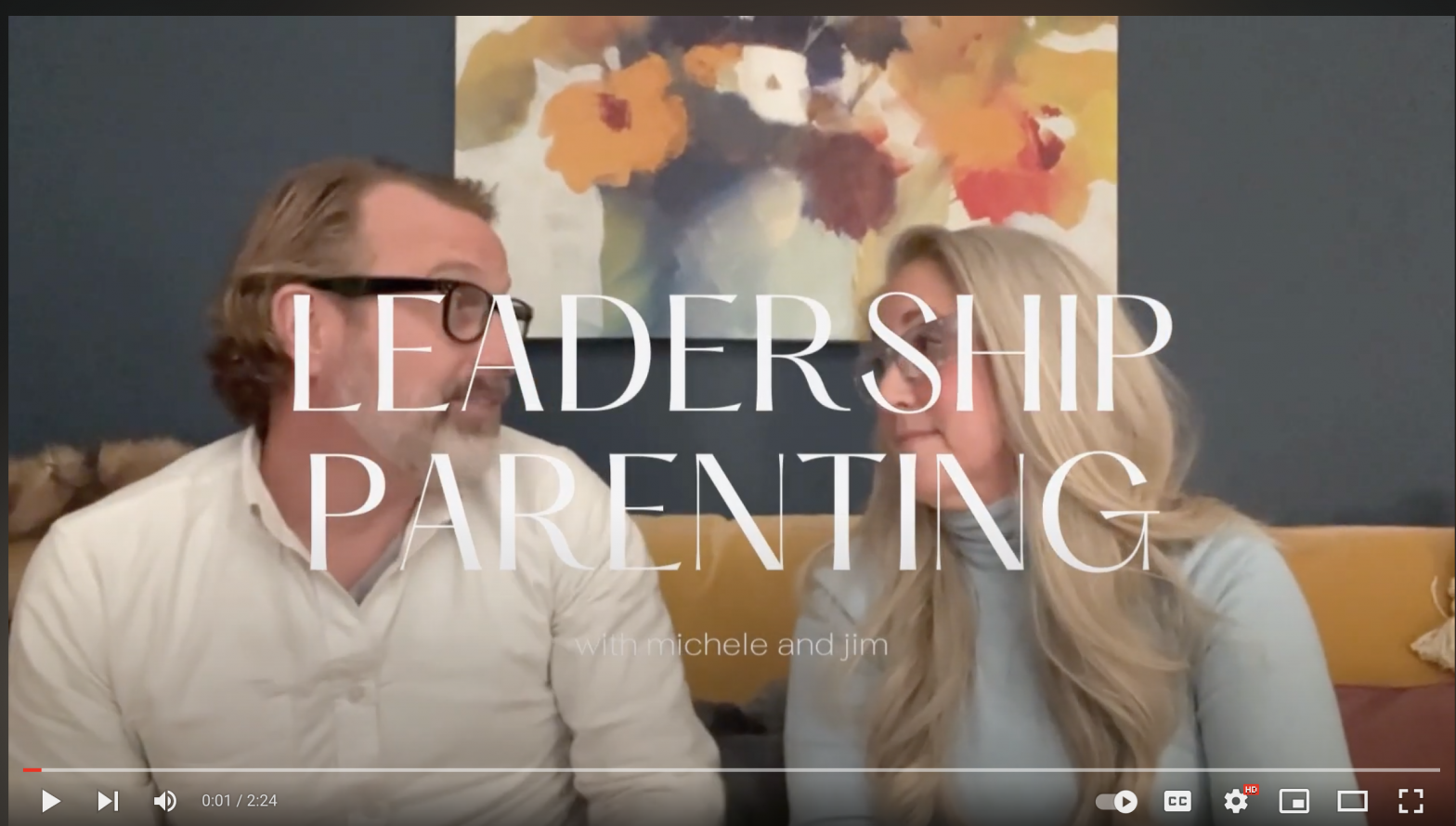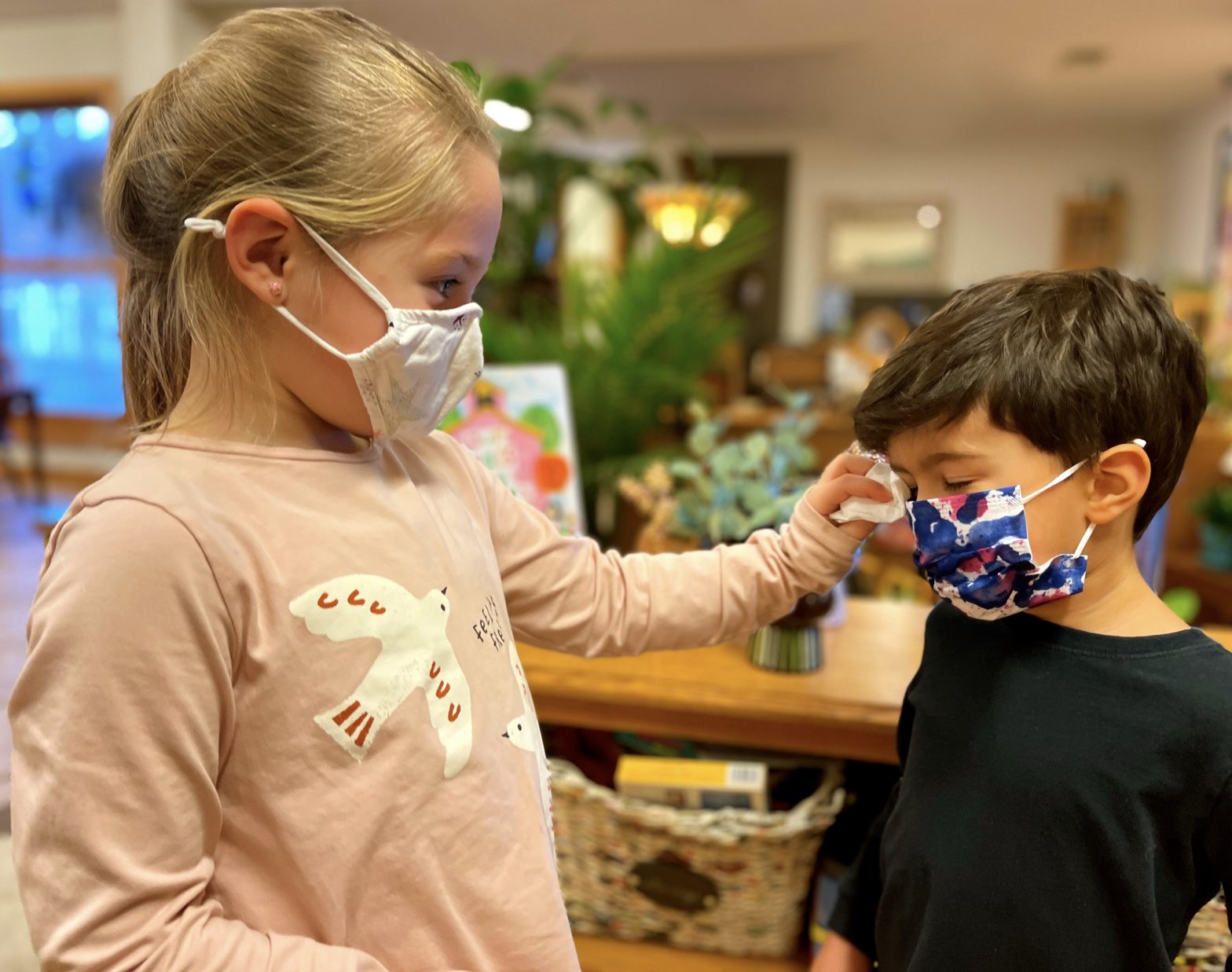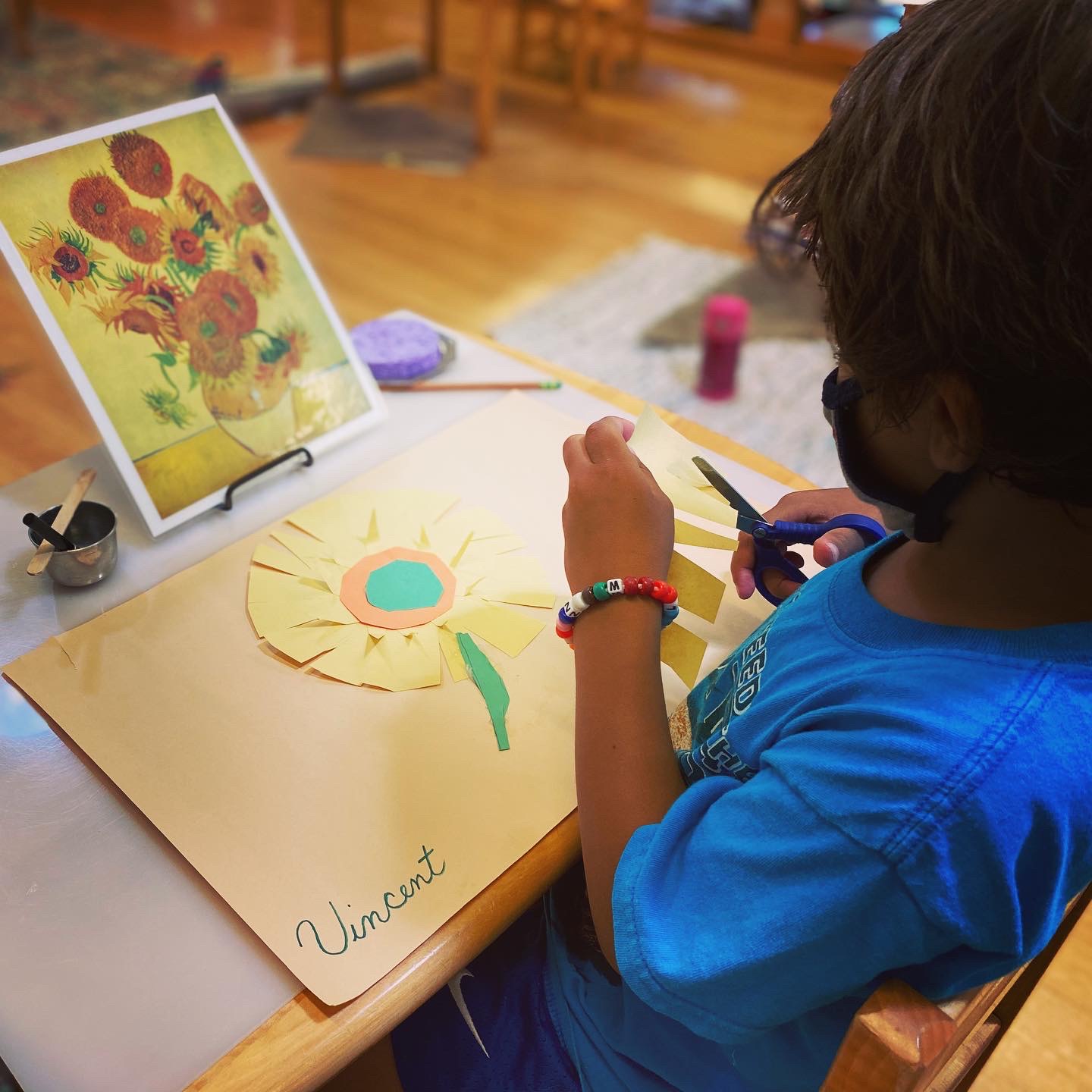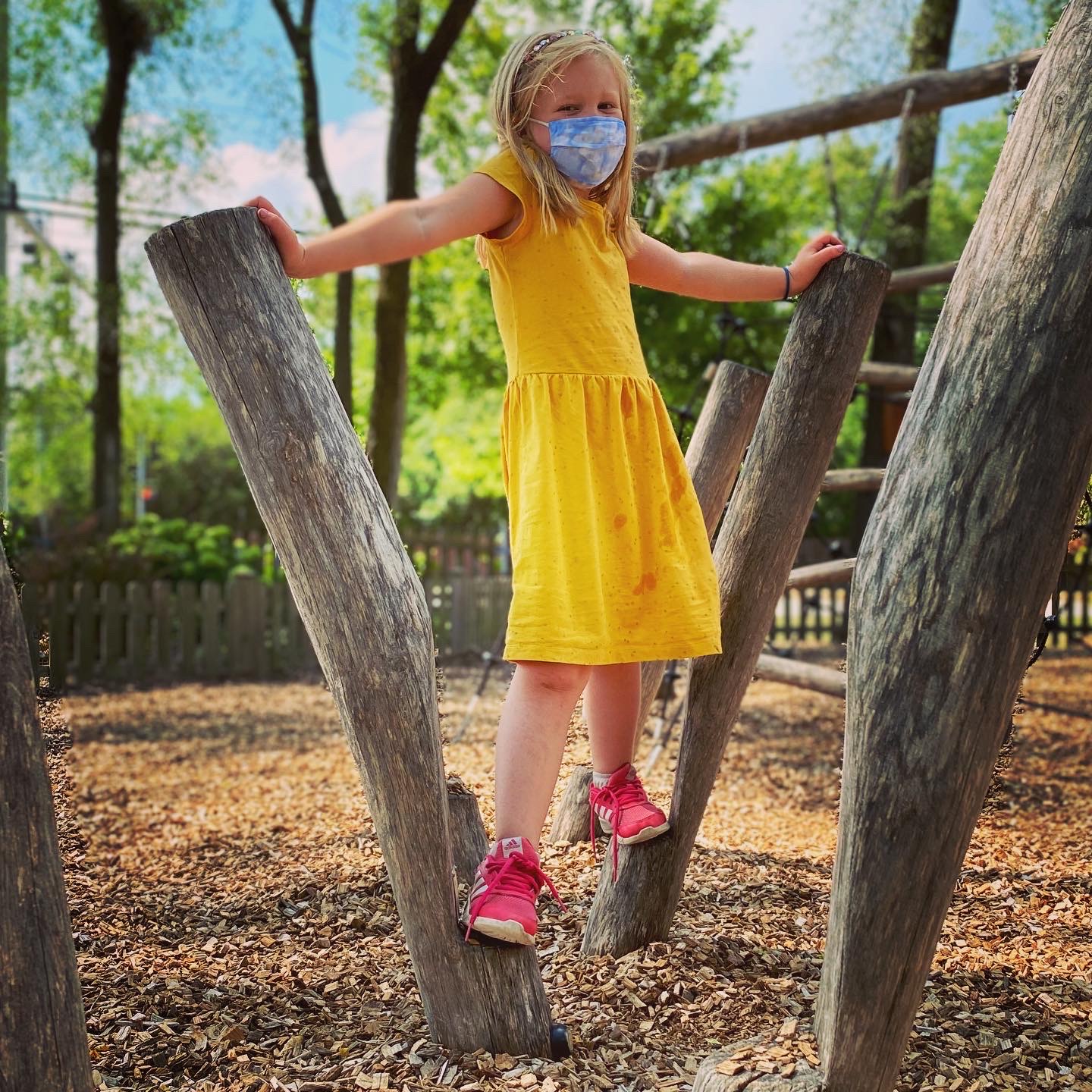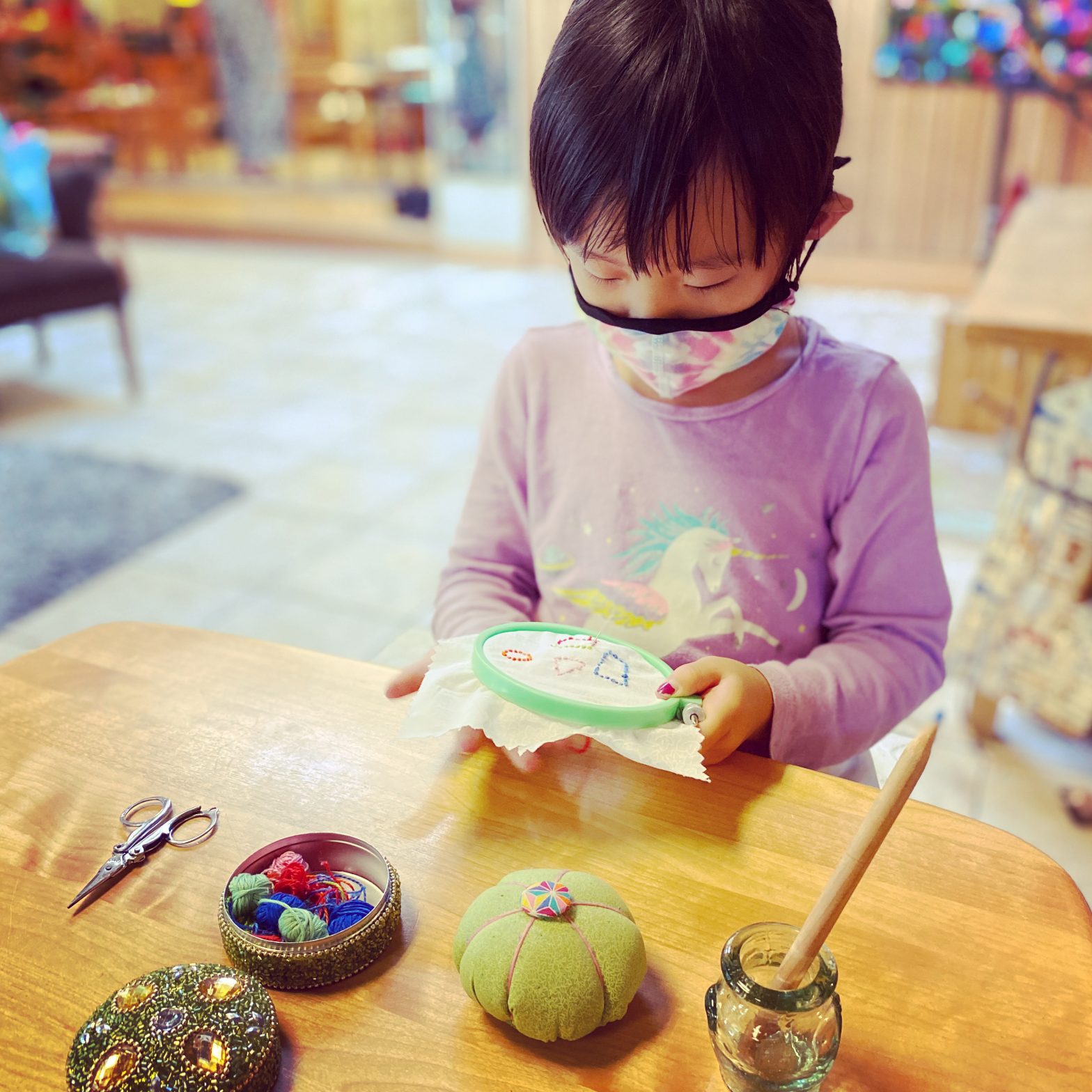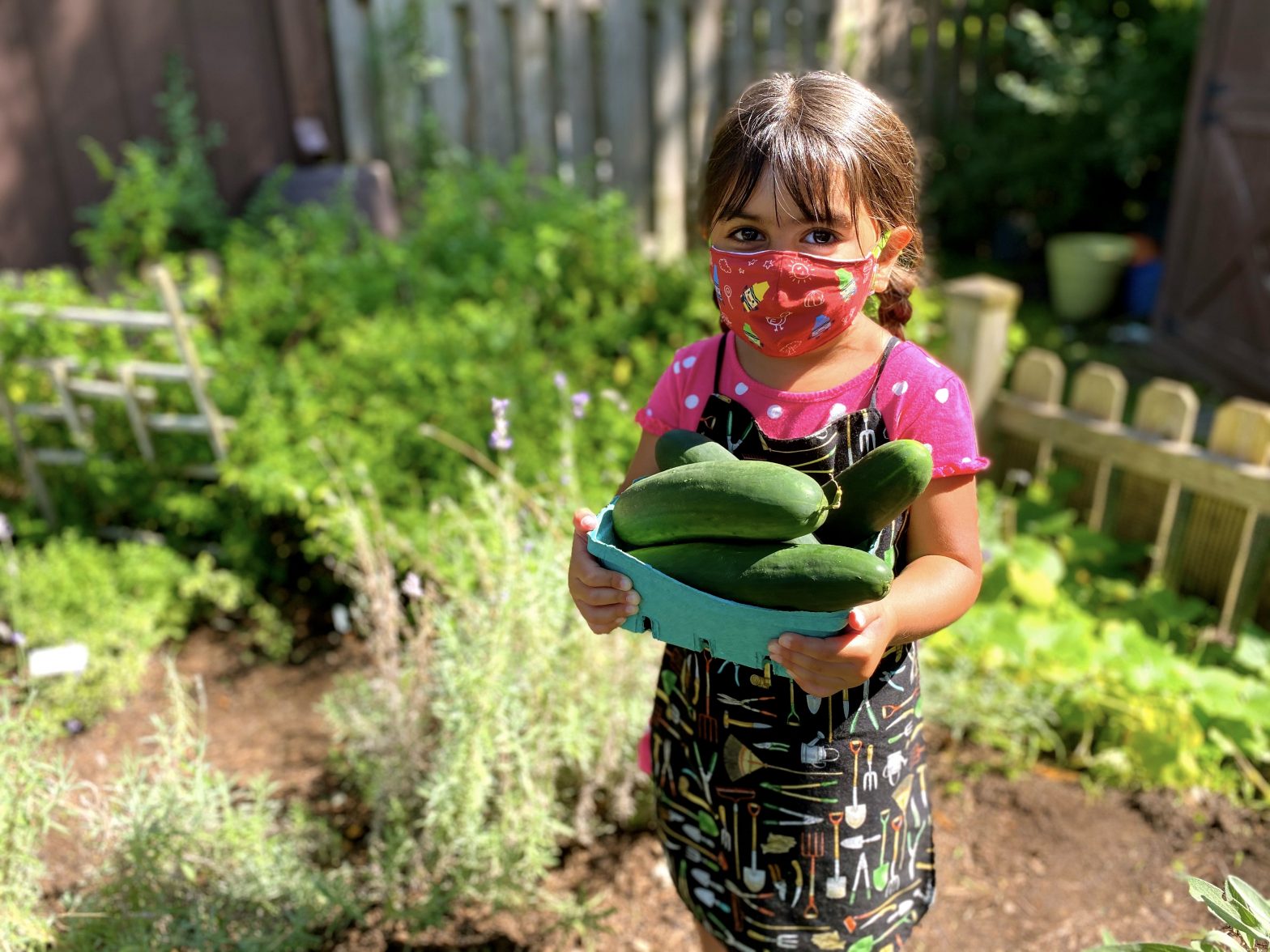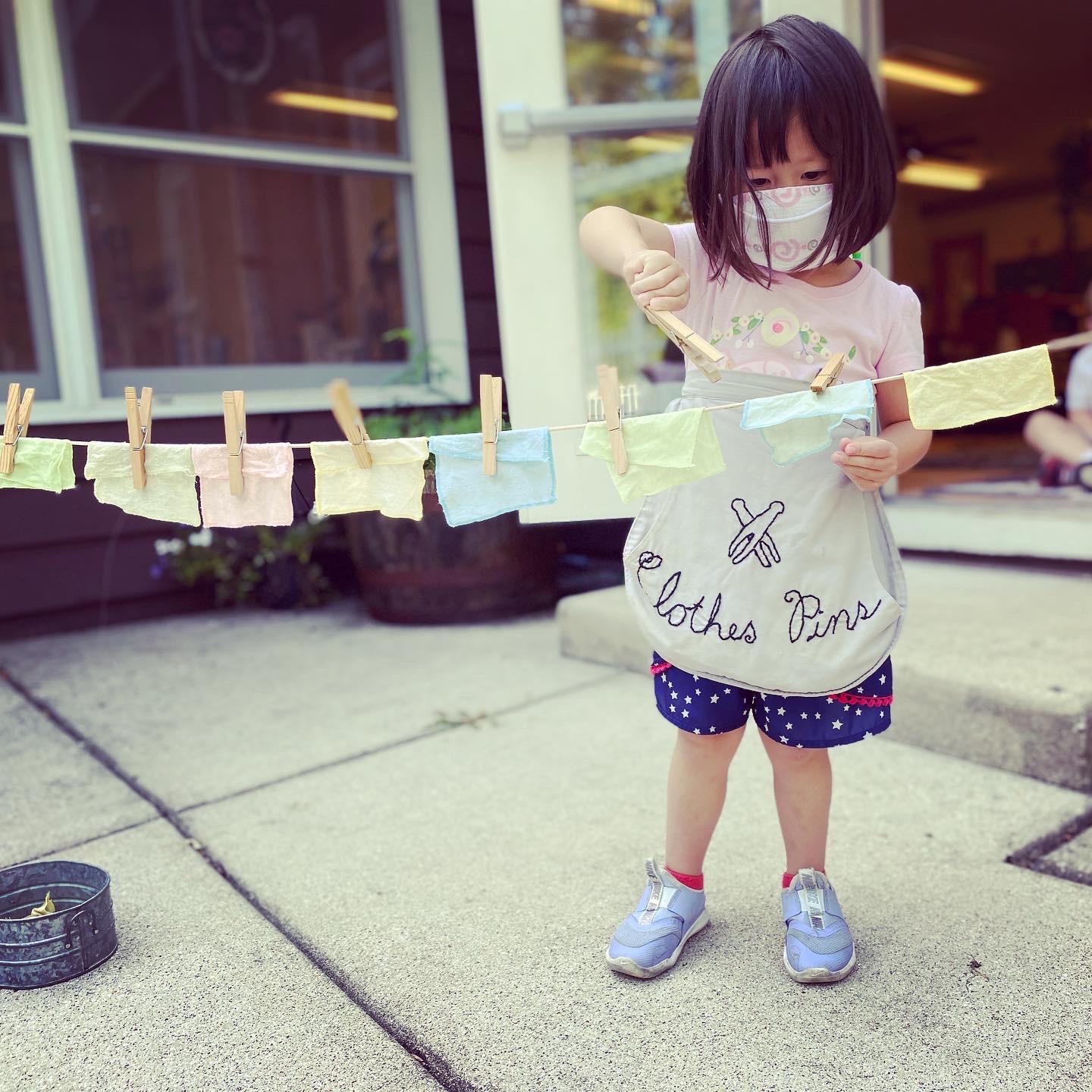Leadership Parenting Series
#2 Reset your Role
By Michele and Jim Aspinall
Reset Your Role with Michele and Jim's parenting takeaways.
This week..." asking" your child to do something vs. "telling."
Look for more takeaways in the weeks to come!
https://youtu.be/1AdF4M2HqfU
... READ MORE
Leadership Parenting Series
#1 Reset your Role
By Michele and Jim Aspinall
Reset Your Role with Michele and Jim’s parenting takeaways.
Begin to establish reasonable yet challenging expectations, set and enforce limits, and
model socially appropriate behavior.
Look for more takeaways in the weeks to come!
https://www.youtube.com/watch?v=9LyjVN_-cwg
... READ MORE
Embracing Social Connections
By Michele Aspinall
I think we can all agree that in an age of social distancing, children are missing out on opportunities to develop critical interpersonal skills. The good, the bad, and the ugly. The sudden decline in socialization when the pandemic first hit meant that they were getting less practice with problem-solving, communication, and other social-emotional learning.
One of the many advantages of Montessori that sets us apart from... READ MORE
Due to popular demand, Michele and Jim Aspinall are bringing back the Leadership Parenting class!
The Aspinalls will provide invaluable guidance to reinforce what essentially has always been the parenting philosophy of the Countryside community–the importance of parents re-claiming a leadership role in the raising of their children.
“It’s become counter-cultural,” said the Aspinalls, “to expect a child to defer to the parent’s leadership. Rather, we’ve become accustomed to the parent deferring to... READ MORE
Enabling Creativity Through Art
by Michele Aspinall
"If we try to think back to the dim and distant past...what is it that helps us reconstruct those times, and to picture the lives of those who lived in them? It is their art... It is thanks to the hand, the companion of the mind, that civilization has arisen." Maria Montessori.
Art is a universal language. Artwork has the potential to stimulate and evoke a response... READ MORE
Less Stuff, More Adventure
by Michele Aspinall
"Let the children be free; encourage them; let them run outside when it is raining; let them remove their shoes when they find a puddle of water; and, when the grass of the meadows is damp with dew, let them run on it and trample it with their bare feet; let them rest peacefully when a tree invites them to sleep beneath its shade; let them shout... READ MORE
"As soon as children find something that interests them, they lose their instability and learn to concentrate." Maria Montessori.
Children can independently work and play when provided with the right tools within an environment that suits their developmental needs as young as infancy. This is precisely why Montessori stressed the importance of a prepared environment. While you don't have to recreate your child's classroom in your own home, there are, as with discipline, many... READ MORE
Montessori articulates in The Montessori Method, "...man still belongs to nature, and especially when he is a child, he...draws from it the forces necessary to the development of the body and the spirit. We have intimate communications with nature which have an influence, even a material influence, on the growth of the body...".
A window box, a barrel, or a small, raised garden will do just fine. You also need not have a green thumb yourself... READ MORE
“The children of three years of age in the ‘Children’s Houses’ learn and carry out such work as sweeping, dusting, making things tidy, setting the table for meals, waiting at table, washing the dishes, etc., and at the same time, they learn to attend to their own personal needs, to wash themselves, to take showers, to comb their hair, to take a bath, to dress and undress themselves, to hang up their clothes in the... READ MORE
“It all started when we began to accept that things were not going to proceed as normal and when that seemingly remote possibility - that we would be ramping up a distance learning program from scratch - suddenly became a real possibility,” Head of School, Wendy Calise, at Countryside Day School said this week.
Here is her story and the story of how Countryside Day School is navigating the challenges of the COVID-19... READ MORE
Countryside Programs
We offer a continuous program from 16 months through 6th grade — inculding an all year program option for Pre-K/K and elementary school. LEARN MORE
TODDLER — Ages 16 mos.-3yrs
PRE-K/K — Ages 3-6
LOWER ELEMENTARY — Ages 6-9, Grades 1-3
UPPER ELEMENTARY — Ages 9-12, Grades 4-6
SUMMER PROGRAMS — Ages 16 mos.-12 yrs., Toddler-Grade 6
ALL YEAR FULL DAY — Ages 3-12, Grades Pre-K/K-Grade 6
